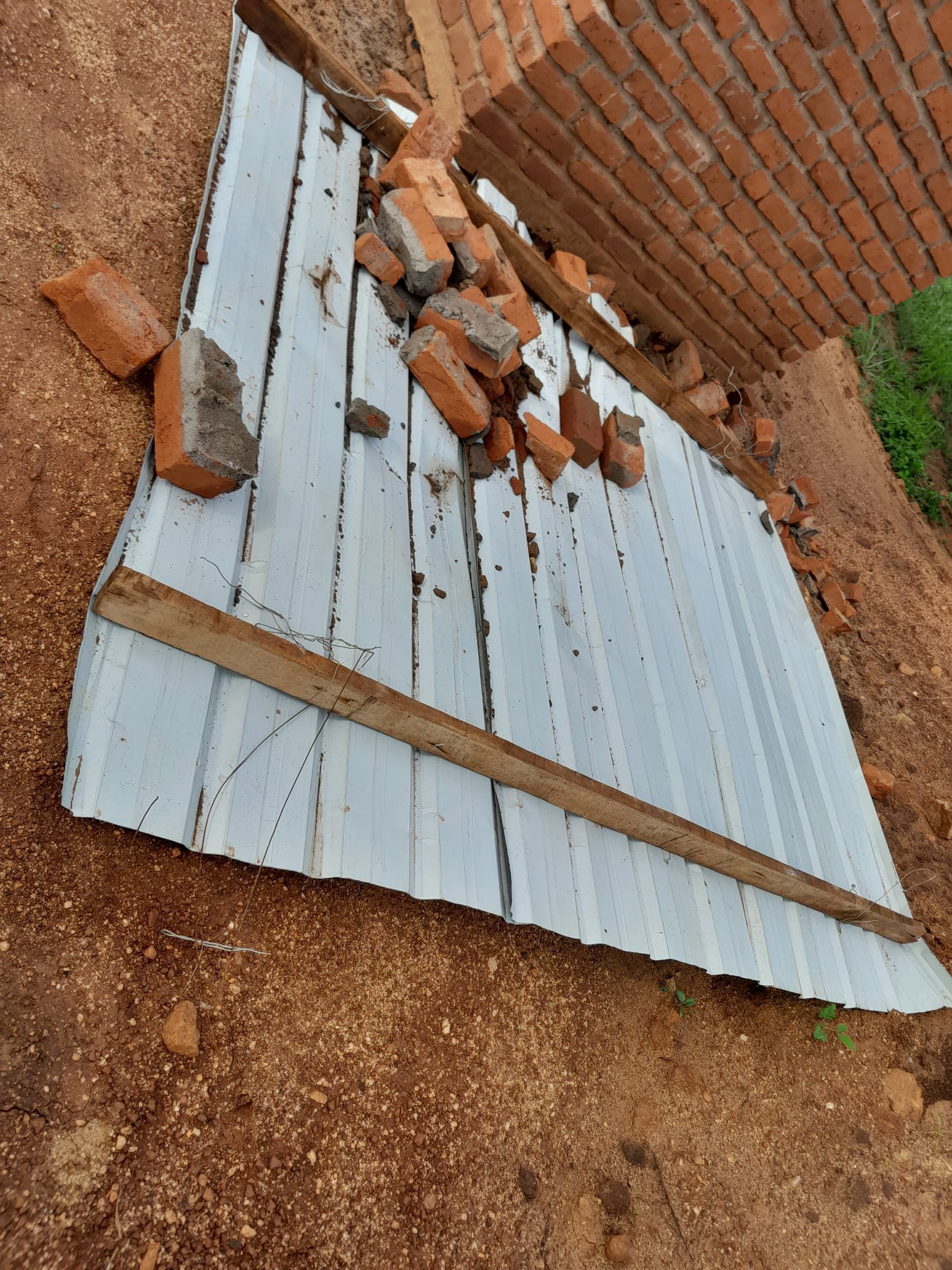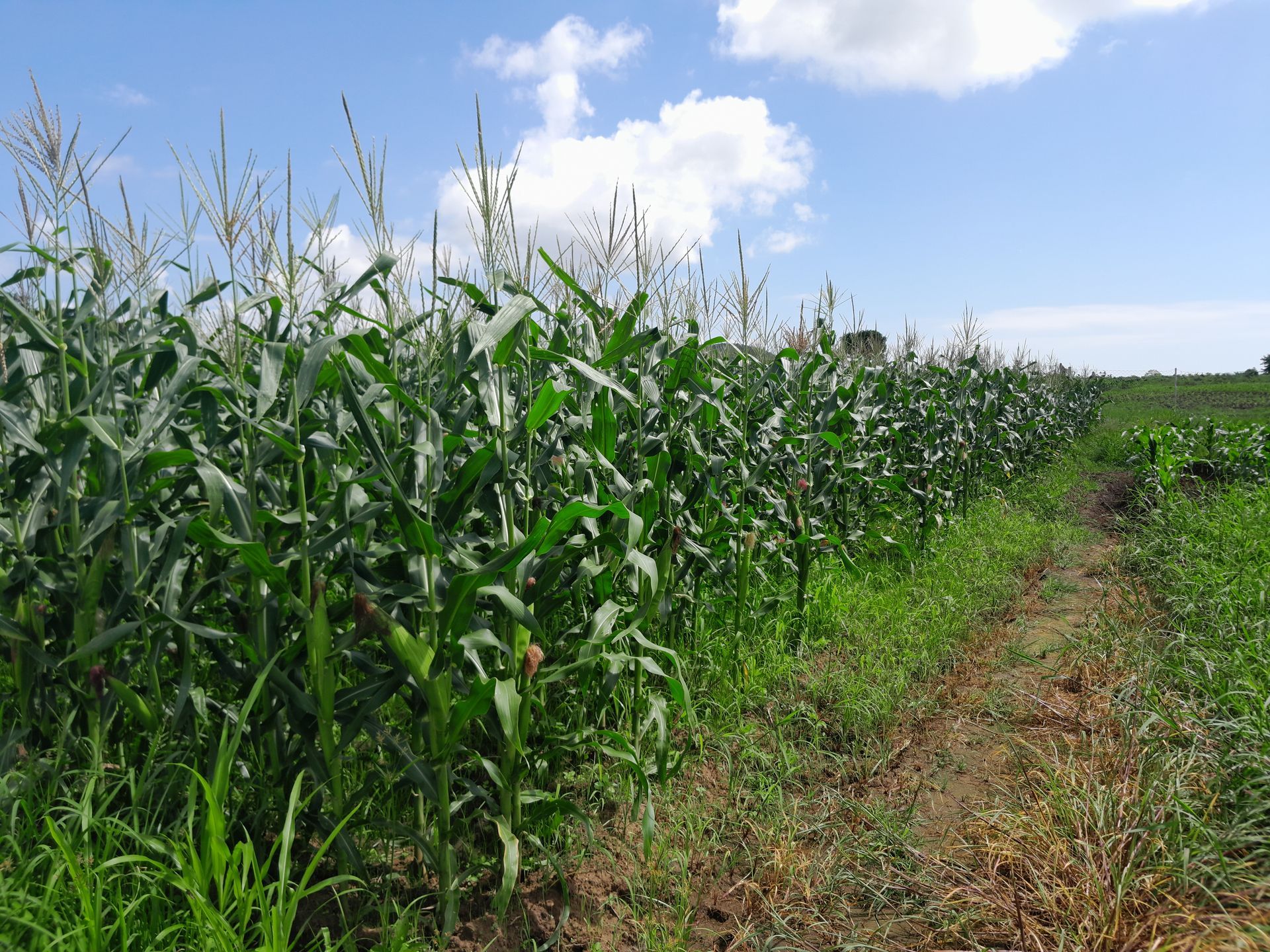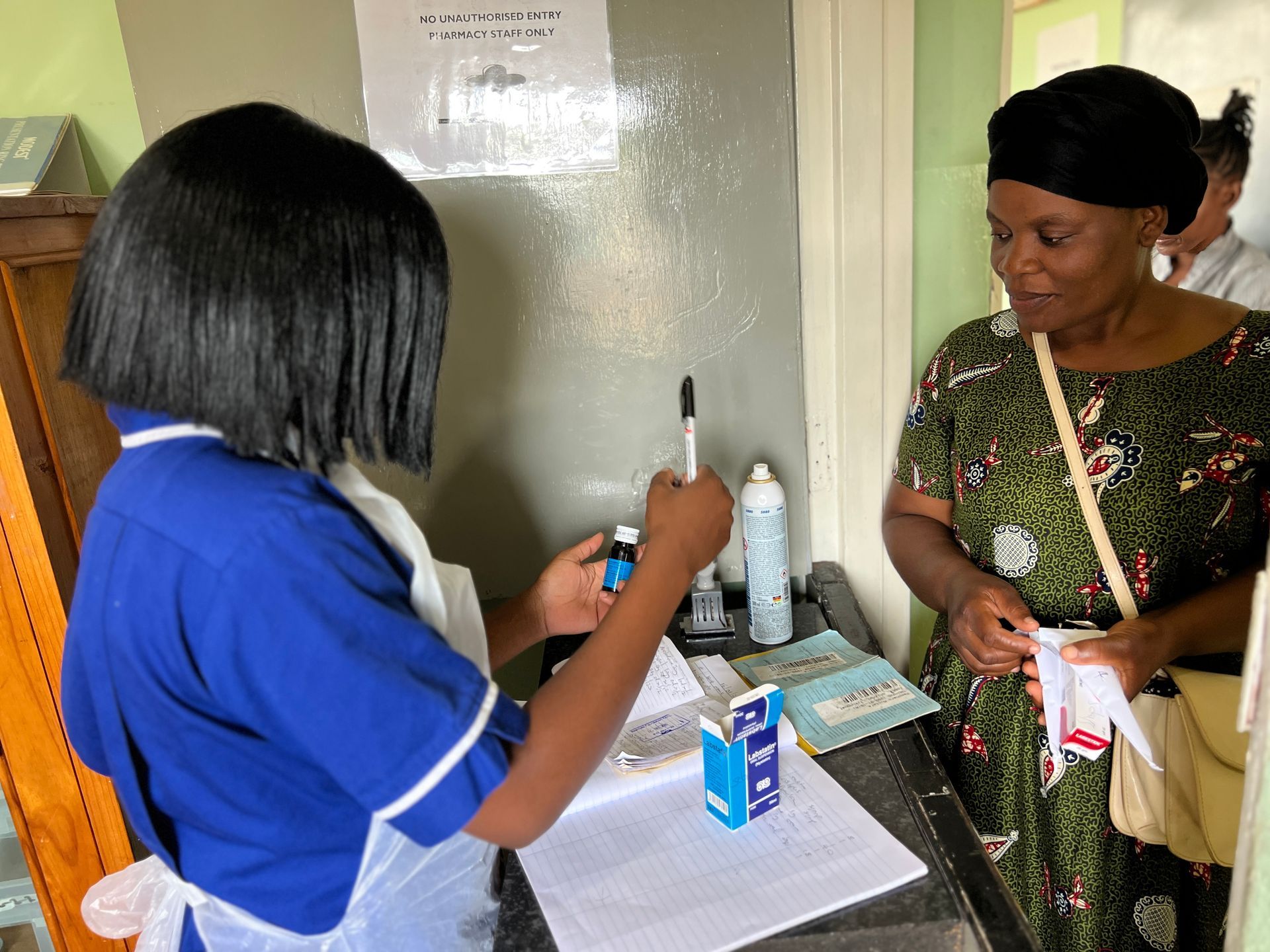We need more women to be empowered and have their voices heard | Mwayi’s Story
Girls who marry before the age of 18 are more likely to experience domestic violence and less likely to remain in school. They have worse economic and health outcomes than their peers, which are eventually passed down to their children, further straining the country’s capacity to provide quality health and education services – Unicef Malawi Rep
In Malawi, approximately 42% of girls marry before 18, according to World Vision Findings in 2018. The Covid 19 pandemic worsened things, and we had a lot of teenage pregnancies and marriages. Zomba DHO registered 950 teenage pregnancies between January and June last year among girls aged 10-19. 788 cases of teenage pregnancies had been reported around the same period in 2020.
For most families, marrying off young girls seems to be the easier way out of poverty, and the implication of this mindset is evident. Unfortunately, most of these young girls and women are prone to abuse. In July 2021, the Malawi Police Service had recorded a total of 10,675 Gender-Based Violence (GBV) cases. Such families cannot provide the necessary support and care to their children as required, leaving most children vulnerable and neglected.
However, the narrative seems different in cases where women are empowered to act like girls’ champions for education. When my father passed on, there were many voices from society that pushed me into marriage.
“You should get married, find a man who will take care of you and your family as you cannot continue like this”, I was told.
It seemed the easier option, but thankfully, even though she had not gone far with education herself, my mother encouraged me not to give up on dreaming and working hard for the best. This is one of the reasons I believe that women and girls need to be empowered to provide the support and encouragement that society needs for it to thrive.
This is why at The Sparkle Foundation, we are increasing our efforts in facilitating community women to champion their children’s education to ensure that both girls and boys are provided with the right support to prepare them for life. We have held tailoring workshops for our women and some girls in our youth group. We also have adult literacy sessions where women who dropped out of school are provided with basic literacy and numeracy skills. Both offer them opportunities and skills even when they venture into various income-generating activities.
For Malawi to develop, we need more women to be empowered so that their voices can be heard and that they can actively participate in the development interventions. Whatever environment we expose our girls to now, will significantly impact their lives and future generations.
Written by Country Director Mwayi Mpinganjira

GET INVOLVED
ABOUT
JOIN OUR MONTHLY NEWSLETTER
Contact Us
We will get back to you as soon as possible.
Please try again later.



